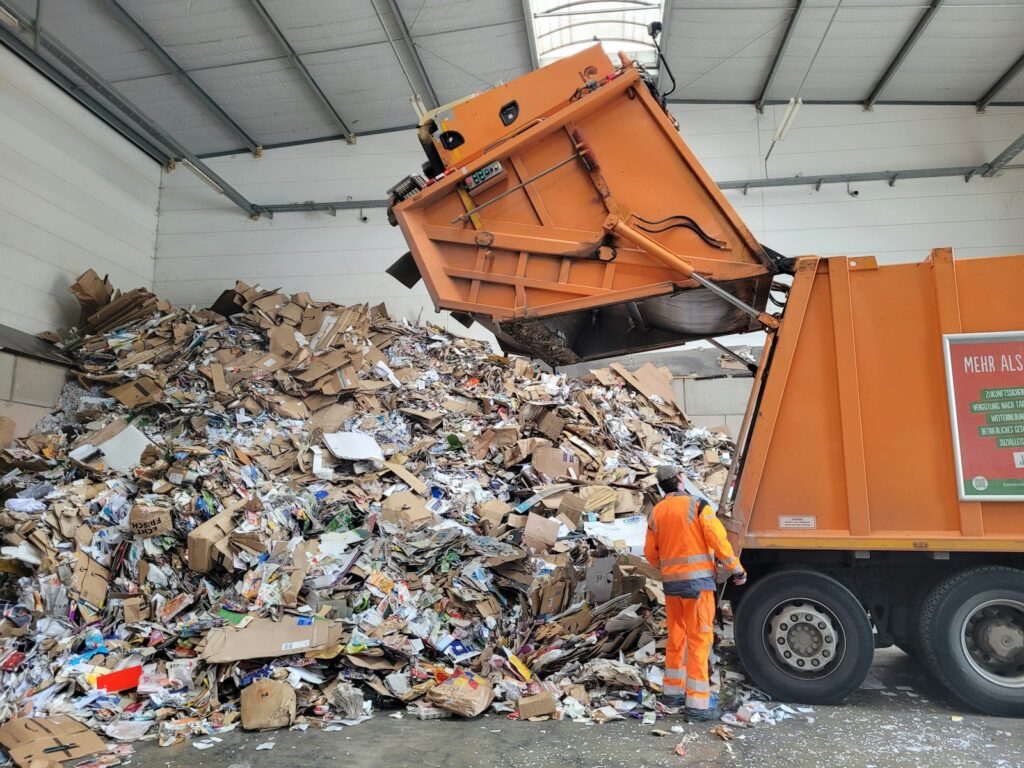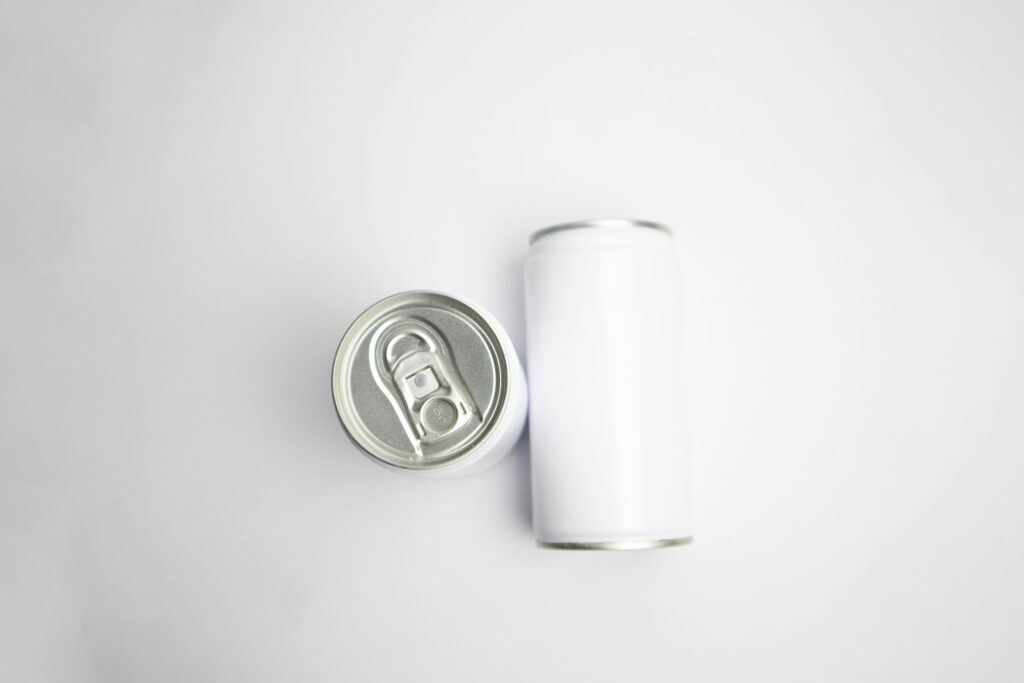The government should look at reducing all single-use packaging in the UK, not just plastic, if it wants to tackle marine pollution, a committee of MPs has said.
Rising awareness of plastic pollution in recent years has led producers to use substitutes to plastic in food and drinks packaging without fully considering the knock-on effects such as higher carbon emissions, the environment, food and rural affairs committee has said in a new report.
Despite this, MPs said that the government is still not placing enough emphasis on reducing plastic packaging, as they stressed that a ‘fundamental shift’ away from single-use packaging is necessary.
Neil Parish, chair of the Environment, Food and Rural Affairs Committee, said: ‘We all know that plastic pollution of our rivers and seas is a huge problem. However, replacing plastic with other materials isn’t always the best solution, as all materials have an environmental impact.
‘My Committee is also concerned that compostable plastics have been introduced without the right infrastructure or consumer understanding about how to dispose of them. Fundamentally, substitution is not the answer, and we need to look at ways to cut down on single use packaging.’
The government has outlined its intention to tackle the tide of waste polluting seas and oceans, as it currently aims to eliminate all avoidable plastic waste by 2042.
Earlier this year it announced a raft of consultations on moves geared towards encouraging recycling such as a deposit return scheme (DRS), a tax on plastic packaging, Extended Producer Responsibility (EPR), and making recycling collections more consistent between councils in England.
While broadly supporting these schemes, the Efra committee warned that the government’s focus on improving recycling waste should be shifted towards cutting down on waste altogether.
It found that the threshold at which businesses are obliged to report on how much waste they produce – currently 50 tonnes – is too high, meaning that the government does not have accurate data on how much plastic packaging is produced in the UK, nor how much is recycled.
It also found that while alternatives to conventional plastic packaging, like compostable packaging, are appealing, the UK does not yet have the general waste infrastructure to process it.
The committee warned that consumer confusion about how to dispose of these alternatives ‘could result in contamination of dry recycling as well as littering’.
MPs have urged the government to clarify how it plans to make sure that any future ban of single-use plastics will not lead to worse environmental outcomes, as well as make reusable or refillable packaging more widely available and used.
‘Reduction is the most important way to reduce waste, and greater efforts need to be put into this,’ the report concluded.
‘A fundamental shift away from all single-use food and drink packaging, plastic or otherwise, is vital for the future protection of the environment.’
Environment Journal has contacted the Department of Environment, Food and Rural Affairs for comment.

















True, that all material waste needs to be cut down, after all if we all change to wooden cutlery instead of plastic it just means we are cutting down more trees, however new trees can be planted and its not like we can make new rivers and seas. Wee need to focus and the plastic issue first as they are far more harmful to our marine life than wood and paper.